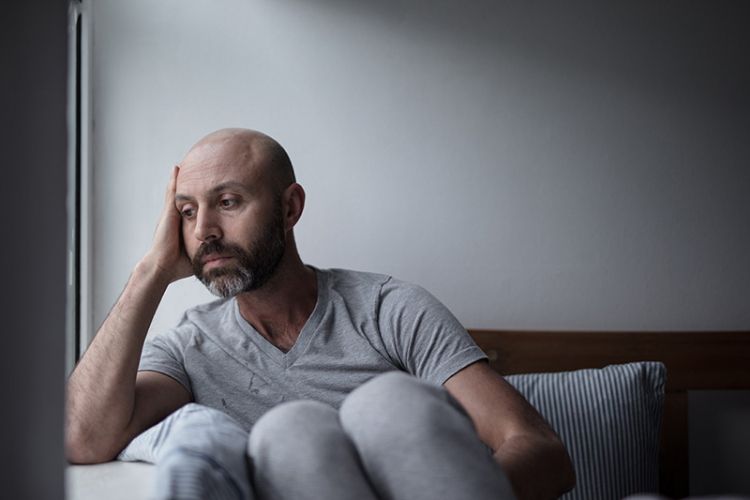The reasons to despise cancer are plenty— yet one that’s not discussed as often is how socially and emotionally drained you can still feel after you beat the disease physically. Cancer is a lifelong journey that does not end when you become a survivor. It’s something that changes you both mentally and emotionally. Unfortunately, ignoring these changes rather than addressing them head on, may hold you back from enjoying life. The good news is that by acknowledging them and taking steps to sort through them can help you cope better while becoming a stronger and more compassionate person.
The Residual Social and Emotional Fallout of Cancer
Whether on a small scale or a large one, it’s safe to say that every cancer survivor has experienced a whirlwind of emotions that include shock, disbelief, fear, and anger. For some people, the physical and emotional symptoms of cancer improve simultaneously. However, for many others, beating the disease physically is just one step in a long journey toward recovery because oftentimes, emotional wounds take much longer to heal than physical ones.
Emotional Symptoms for Survivors is Normal
Emotions like anxiety, fear, depression, and social withdrawal can affect us all, but cancer survivors are even more vulnerable. According to an article published in Cancer Today magazine, nine in 100 people experience depression, but among cancer survivors, that rate is tripled to 27 in 100 experiencing depression. Commonly, cancer survivors:
- Worry that their cancer will recur
- Mourn the loss of their pre-cancer life, attitude, and outlook
- Feel guilt about beating cancer when others did not
- Struggle with body image issues and, consequently, become withdrawn socially and intimately
Signs That It May Be Time to Seek Help
It can be hard to know when to get help, but there are some symptoms that indicate it’s time:
- Avoiding friends, family members, and other people or places out of fear
- Unexplained crying
- Sadness or hopelessness
- Feeling afraid or nervous much of the time
- Disinterest in activities you used to enjoy
- Trouble sleeping
- The need for constant reassurance from others
- Feel guilty or like you’re a burden to others
It’s important to remember that you didn’t battle the physical disease of cancer alone, which means you don’t have to battle the emotional ups and downs alone. Participating in cancer survivors’ support groups and/or talking to a psychotherapist can help you get your feelings out in the open which, in itself, can be incredibly helpful! Minnesota Oncology offers a survivorship program that you can learn more about from your cancer care team.
If you’re struggling with emotional problems, talking to a therapist and to other survivors is important; so is having a primary care physician. A Cancer Today article noted that 8% of survivors with depression reported they did not have a primary care physician, compared to just 4% of survivors who were not dealing with depression.
If you have a primary care physician, he or she is trained to identify the symptoms of depression and help patients receive help. They can also determine if you could benefit from anti-anxiety or antidepressant medications.
Remember, your joy and quality of life is worth holding on to! Any social or emotional changes you are experiencing are completely normal because they are actually lingering symptoms of the monumental physical battle you fought and won. You needed plenty of help to overcome your physical cancer struggles. Don’t hesitate to enlist help overcoming your emotional cancer struggles too!





